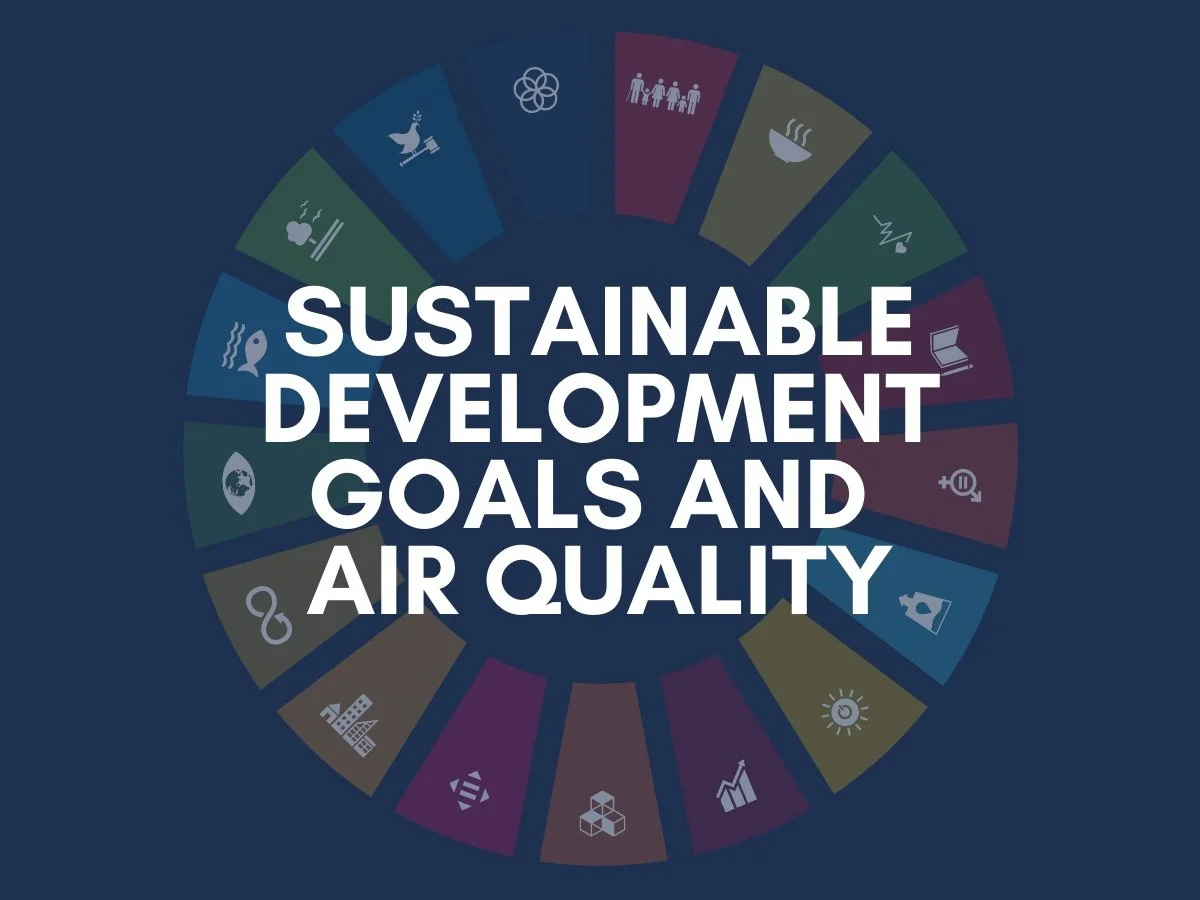Healthy Air
Healthy Planet
Clean Air For Sustainable Development
Pleasure derived from the comfort of breathing fresh air appeals to all people. Air quality is a powerful indicator and measure of how clean or polluted the air is. Air pollution harms human and ecosystem health. These concerns are shared by Canadians and throughout the world.
Air pollution has strong implications on social, economic and environmental sectors. Significant economic impacts can be caused by those who may see pollution as a natural consequence of development. This means that a call for cleaner air is a call for sustainable development and environmentally-responsible public policy.
In collaboration with Health Canada and Environment and Climate Change Canada, RCEN is rallying the strength of its network for improved air quality.
Leading up to Clean Air Day on June 8th, 2022, RCEN is highlighting the successes, efforts and challenges within our network for improved air quality. We encourage NGOs to participate by getting involved and sharing information to broadcast their actions across the network.
A Harmful Imbalance
When we physically, biologically or chemically alter the air in the atmosphere, it is a form of pollution. Greenhouse gas emissions, smog and soot are all common forms of air pollution. Chemical compounds lower air quality either in gas form or in solid form - particulate matter in suspended air. Gasses from industrial processes such as carbon dioxide and methane retain more heat in the atmosphere.
Heat-retaining gas is causing catastrophic climate change affecting people and environments around the world - including here in Canada.
The greenhouse-gas reduction goals established in Paris in 2015 include a commitment for nations to do their fair share to limit global warming to 1.5 degrees Celsius by 2050. Achieving this goal will require ambitious, immediate action across all sectors of our economy.
Many pollutants, other than greenhouse gasses, cause air pollution. Canada is a party to a number of international agreements that reduce harmful air emissions such as the Canada-US Air Quality Agreement and the Montreal Protocol on Substances that Deplete the Ozone Layer.
Our Role in Air Quality
Reducing air pollution benefits the health of our ecosystems and communities.
This is some of the most important work that civil societies and NGOs can contribute to in the upcoming years.
Over the decades, civil society organizations have played a critical role in helping reduce air pollution through research, education and advocacy. RCEN works to amplify the work of NGOs on these crucial topics. Keep reading below on ways to get involved!
Clean Air Day Webinar
June 8th, 2022
This year, Clean Air Day had an important focus on the intersections between air quality, climate action and human health.
With our individual and collective actions, we can tackle one of the most significant environmental challenges affecting public health and ecosystems alike - air pollution
On behalf of the Canadian Environment Network (RCEN) and Health Canada, we would like to for you to view the recording of our Clean Air Day event exploring the intersections between air quality, climate change and health. The goal of the event was to highlight the work of environmental NGOs presenting unique solutions to improve air quality and mitigate the effects of climate change in their region.
Themes
Transportation and Air Quality
Air Quality, Health, and Climate Change
Sustainable Development Goals and Air Quality
Organizations that Work Towards Better Air Quality
MEDIA TOOLS
We have created and developed items on clean air that the public and NGOs can share on their social media. The media resources cover a range of topics which include its intersection with the sustainable development goals, transportation systems, climate change, health, and energy. You can download the items below according to the type of medium you intend to post them on.
We strongly encourage our network and beyond to share these media posts.








